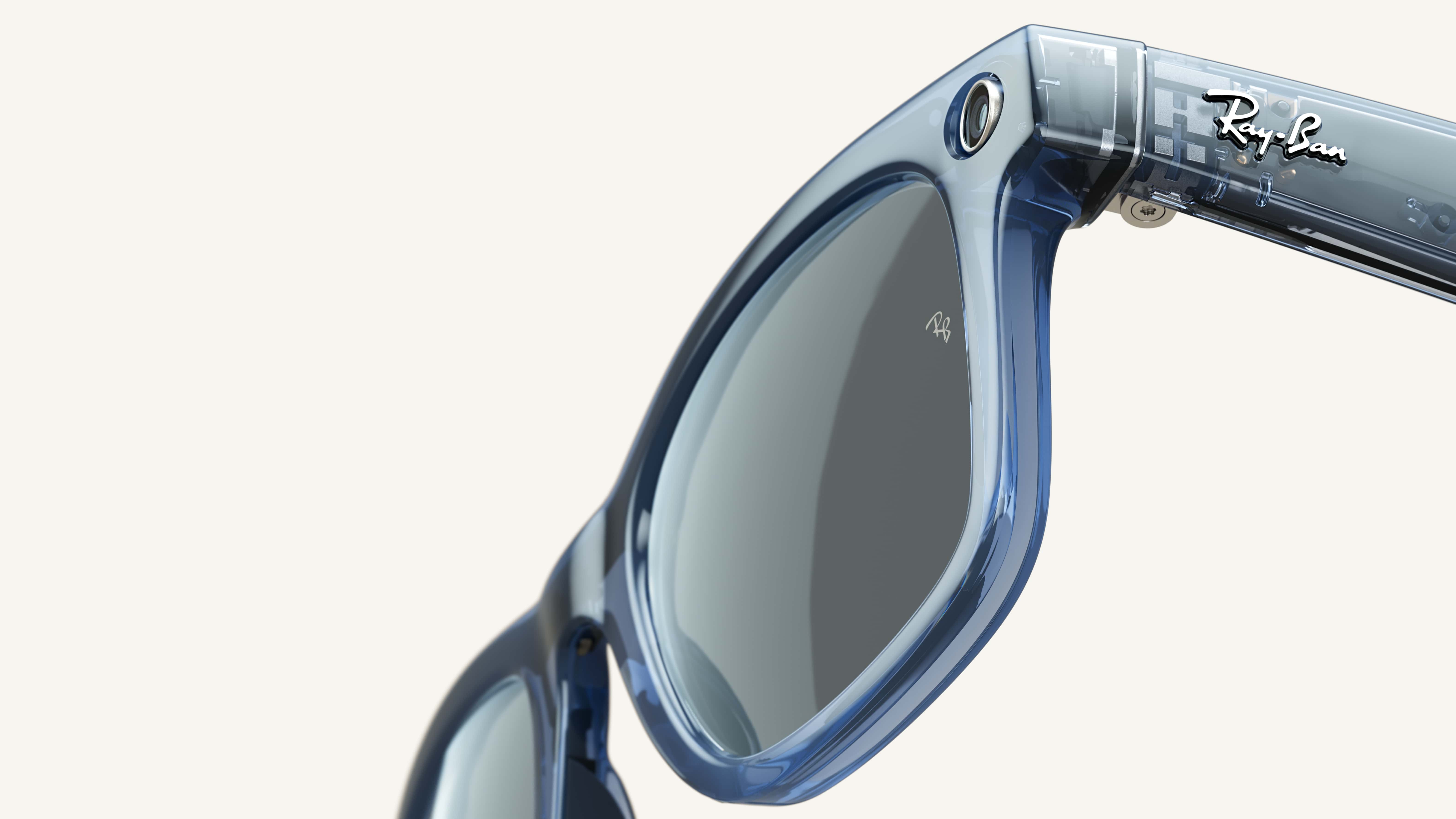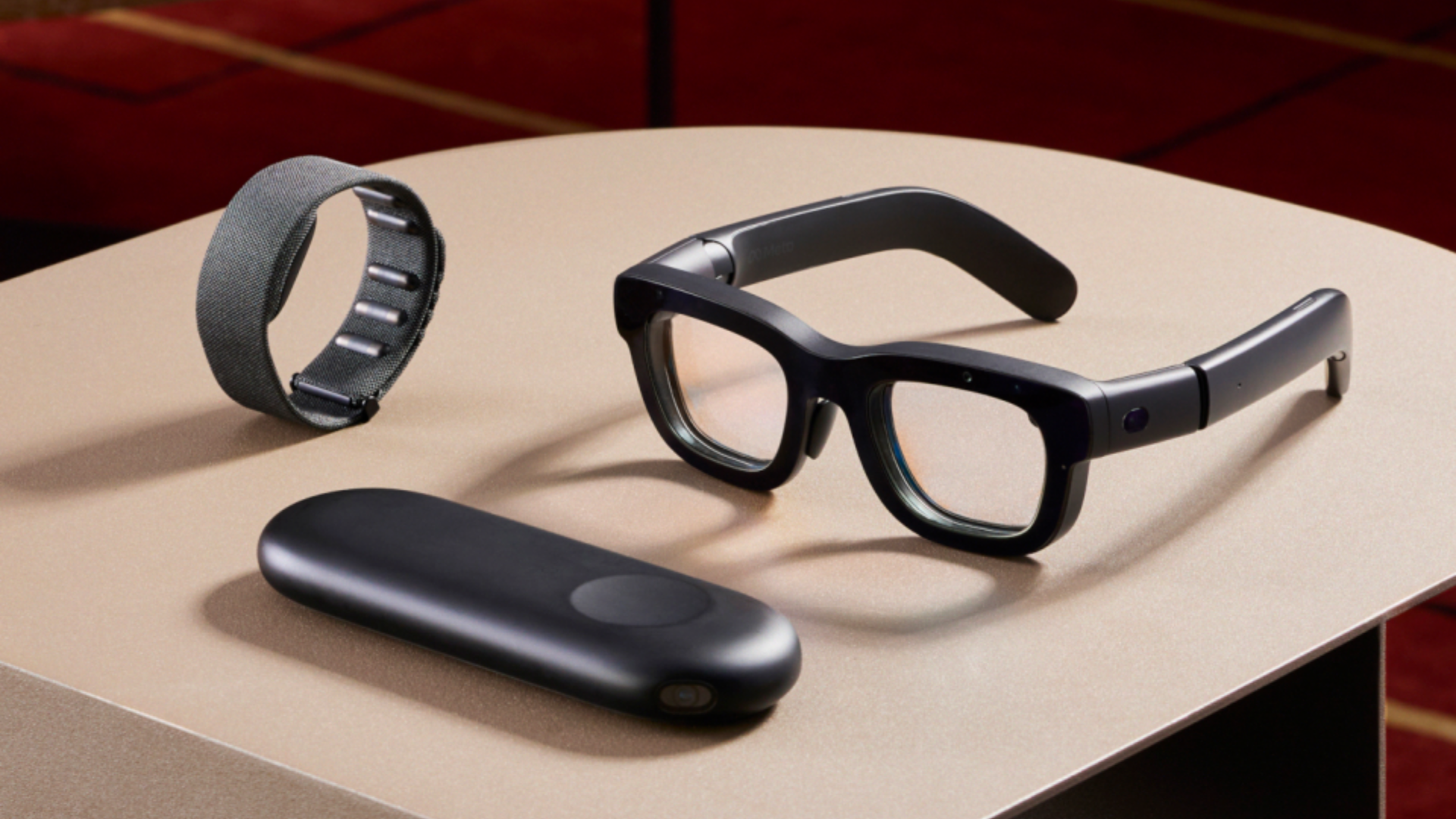Watch out – your Ray-Ban smart glasses photos are helping to train Meta AI
Photos used for Look and Ask are probably being used to train AI

If you use your Ray-Ban Meta smart glasses all the time you might want to be careful of what you're snapping pictures of, and what you're asking Meta AI, through them, as Meta has confirmed that it may use these visual and audio inputs to train its smart assistant.
That’s by its own admission, in a statement it sent to TechCrunch in which Meta’s policy communications manager Emil Vazquez explained that “Images and videos shared with Meta AI may be used to improve it per our Privacy Policy.”
It’s worth highlighting that Meta only trains its AI on images and videos that you share with it – such as through the Look and Ask feature which has the glasses take a picture which it uses to contextualize a request like “Look and tell more about this landmark” or “Look and translate this sign.”
So if you live in an area that doesn’t yet have access to Meta AI (i.e. outside the US and Canada) or you simply never interact with the Ray-Ban smart glasses’ AI analysis tools, then your snaps should be staying private; that is, unless you post the image on Facebook or Instagram and you live in a region where Meta now has permission to trains its AI on your posts.
Unfortunately there’s no way to use the AI image analysis and also keep your submitted pictures private. You have to consent to sharing your images to opt in to the feature, and you can’t currently opt out beyond stopping using AI analysis.
Not the biggest surprise
While I feel that there’s something distinctly off-putting about Meta using my pictures to train its AI, this news isn’t all that surprising. Other AI creators openly train their assistants on user inputs, and given how much Google and Apple have hyped up the privacy of their own on-device AI the Ray-Ban glasses’ reliance on a cloud-based AI is clearly going to involve the sharing of data.
Also for anyone confused about me saying my snaps have probably trained Meta’s AI, even though I live in the UK I have access to Meta AI on my Ray-Bans (somehow, I think it might have something to do with my VPN) – I’ve used it quite a lot, so I’ve likely also agreed to the Privacy Policy giving Meta permission to use my submitted images for training purposes.
I guess the difference between using, say, ChatGPT to analyze an image and using the glasses is that you aren’t always wearing ChatGPT on your face. Even with all the safeguards – you can turn the glasses off completely with an on-device switch, and the AI only uses the images you choose to feed it – I feel this news still adds another layer of concern for users.
Get daily insight, inspiration and deals in your inbox
Sign up for breaking news, reviews, opinion, top tech deals, and more.

And for smart glasses like the newly announced Meta Orion AR glasses to take off, these layers need to be peeled back not added to. Because while most of us do carry around much of the same tech now in smartphones, there’s a big psychological difference between a handset and something you’re always wearing.
It’s also becoming easier to activate the AI with more natural speech. While this is handy for people who want to use the Meta assistant, it does open up the possibility that people may share images that didn’t intend to if they aren’t careful.
We’ll have to see what measures Meta introduces to better alert users about how their data is used by AI – and perhaps offer more comprehensive opt-out options that don’t strip away functionality. For now, we recommend being a little more careful what you share with your Ray-Ban Meta smart glasses, and other AI for that matter, as it might not be as private a conversation as you thought.
You might also like

Hamish is a Senior Staff Writer for TechRadar and you’ll see his name appearing on articles across nearly every topic on the site from smart home deals to speaker reviews to graphics card news and everything in between. He uses his broad range of knowledge to help explain the latest gadgets and if they’re a must-buy or a fad fueled by hype. Though his specialty is writing about everything going on in the world of virtual reality and augmented reality.